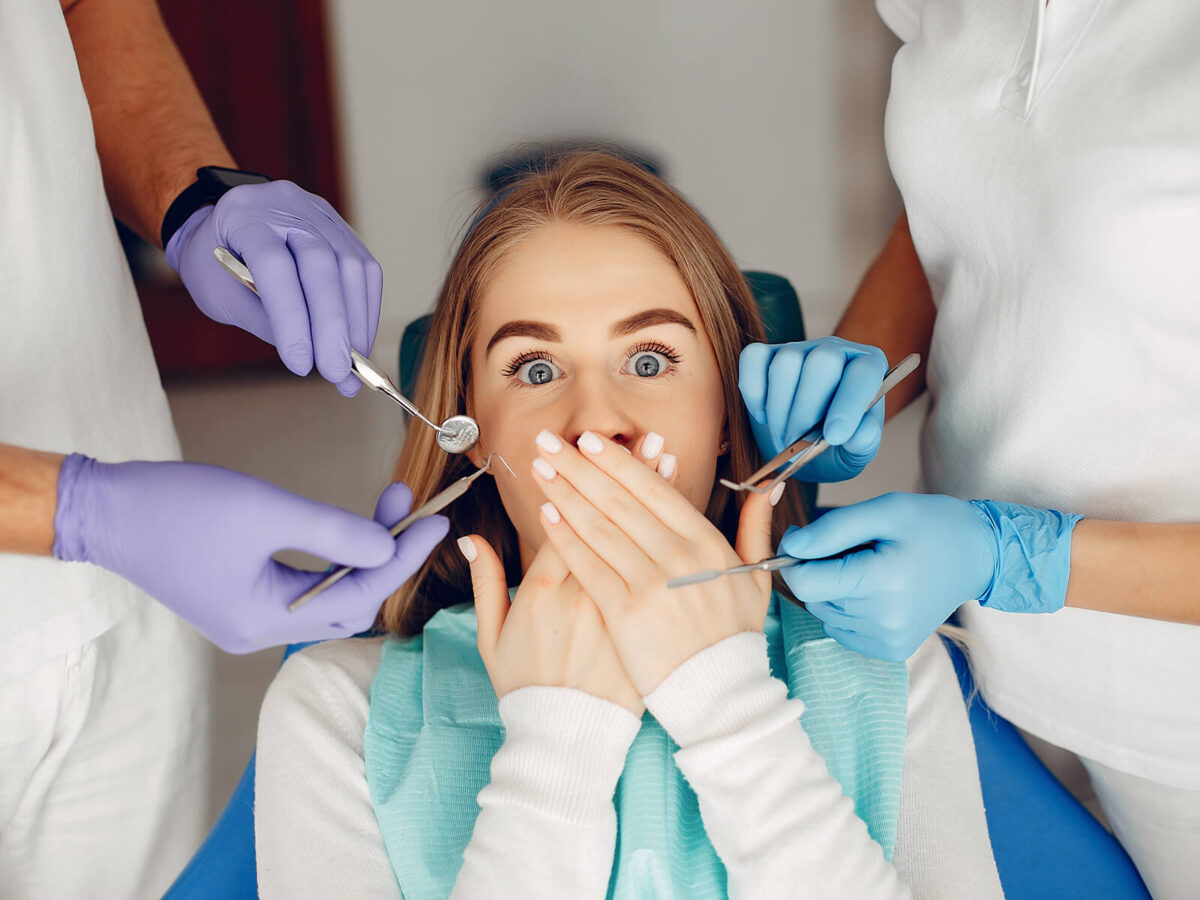Blog
Dental hygiene tips for healthy teeth & gums

Emergency Dental Care: What Families Need To Know
Dental emergencies are such occurrences that can cause a lot of distress to families as they are rare and not well thought for. It is why we must know how to handle such cases and should know where our families can seek assistance with emergency dental services. This article aims at discussing the relevance of seeking emergency dentist care regardless of the age of the family member. These are great pieces of advice everyone should be attentive to when it comes to emergency dental treatment within a family.
What Constitutes a Dental Emergency?
Not all dental issues require immediate attention, but certain situations do· Here are some common scenarios where emergency dental services are necessary:
Severe toothache: A toothache can be chronic; therefore, if such a symptom lingers for a long time, it may point toward an infection or an abscess within the mouth.
Chipped teeth: If a tooth is chipped, prompt action can save the tooth. It is important to visit a dentist to try to treat the tooth with a crown, clean it gently, put it back in the socket, or store it in milk.
Broken teeth: Broken teeth, especially if they cause pain or have sharp edges, require immediate dental treatment to prevent further decay or infection.
Missing dental fillings or crowns: Missing tooth fillings or crowns can be susceptible to infection and sensitivity. Emergency dental work can save the tooth by replacing a missing tooth.
Abscess: An abscess is a serious infection that can cause swelling, pain, and fever. Immediate dental treatment is necessary to prevent the spread of infection.
What Are the Immediate Steps You Can Take
In a dental emergency, taking the right steps can minimize damage and discomfort until you reach the dentist· Here’s what you should do:
For a knocked-out tooth: Handle the tooth with care, rinse without flossing, and try to put it back in the socket. If this is not possible, collect it in milk or saliva and consult your dentist immediately.
For more severe toothache: Rinse your mouth with warm water and use a toothbrush to remove food particles. Over-the-counter painkillers can help, but avoid putting aspirin directly into the mouth, as this can irritate.
If you have a chipped or broken tooth: Rinse your mouth with warm water and apply a cold compress to reduce teeth · Collect the broken pieces and take them to your dentist.
For missing fillings or crowns: Use dental cement or sugar-free gum to temporarily cover the exposed area to prevent sensitivity. See a dentist as soon as possible rather than waiting for therapy.
For an abscess: Rinse your mouth with salt water to ease the pain and pull out the pus. Seek emergency dental care immediately, as the abscess can be life-threatening if it is not treated quickly.
Importance of Emergency Dental Services
Emergency dental services are crucial for addressing urgent dental issues and preventing long-term damage· Here are some reasons why these services are vital:
Fast pain relief: Dental emergencies often cause severe pain. An emergency dental office provides immediate relief, helping you and your family members recover faster.
Further prevention: Timely treatments can address minor issues and major dental problems. For example, a quick one-hour treatment can prevent the complications of a missing tooth rather than waiting.
Avoiding complications: Periodontal infections and abscesses can cause serious health issues if not treated promptly· An emergency dental services provider ensures that the infection is under control before it spreads.
Restores function and appearance: Early treatment of broken or missing teeth restores function and appearance, helping to maintain a healthy smile.
Preparing for Dental Emergencies
Being prepared for dental emergencies can make a significant difference in handling them effectively· Here are some tips to ensure your family is ready:
Keep emergency numbers handy: Have emergency information about your dentist readily available. In addition, you know the nearest dental office in your area to tackle the emergency promptly.
First Aid: Include dental supplies such as gauze, dental cement, and a small container to store dentures in your home first aid.
Routine examinations: Regular dental checkups help prevent emergencies by identifying and managing potentially serious problems.
Educate your family: Familiarize the family, especially children, with how to handle some of the minor dental problems that may occur in their mouths. Awareness of the causes of toothache and treatment, if possible, can prevent worse scenarios and alleviate more pain.
Conclusion
Dental emergencies might be quite unpleasant, but knowing how to handle them and getting to see a dentist during an emergency can go a long way in helping. Understanding what constitutes a dental emergency, how to respond to a situation that is considered a dental emergency, and being ready in the first place can make or break your family’s oral health. Evaluations of dental health and frequent discussions with a dentist are crucial in handling emergency dental issues that are connected to the oral cavity. The benefits of preparedness and access to quality emergency dental services for your family cannot be overemphasized.


